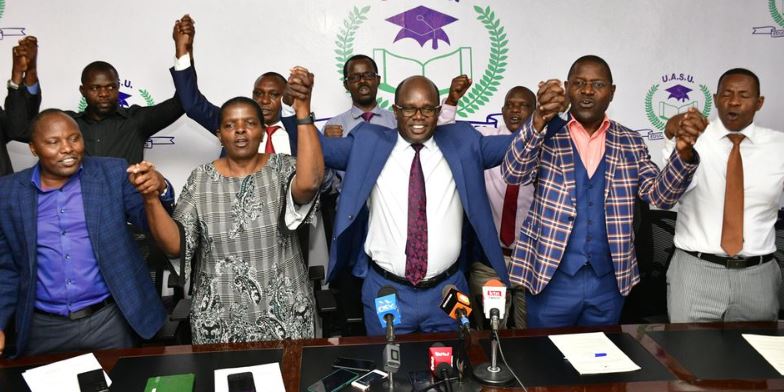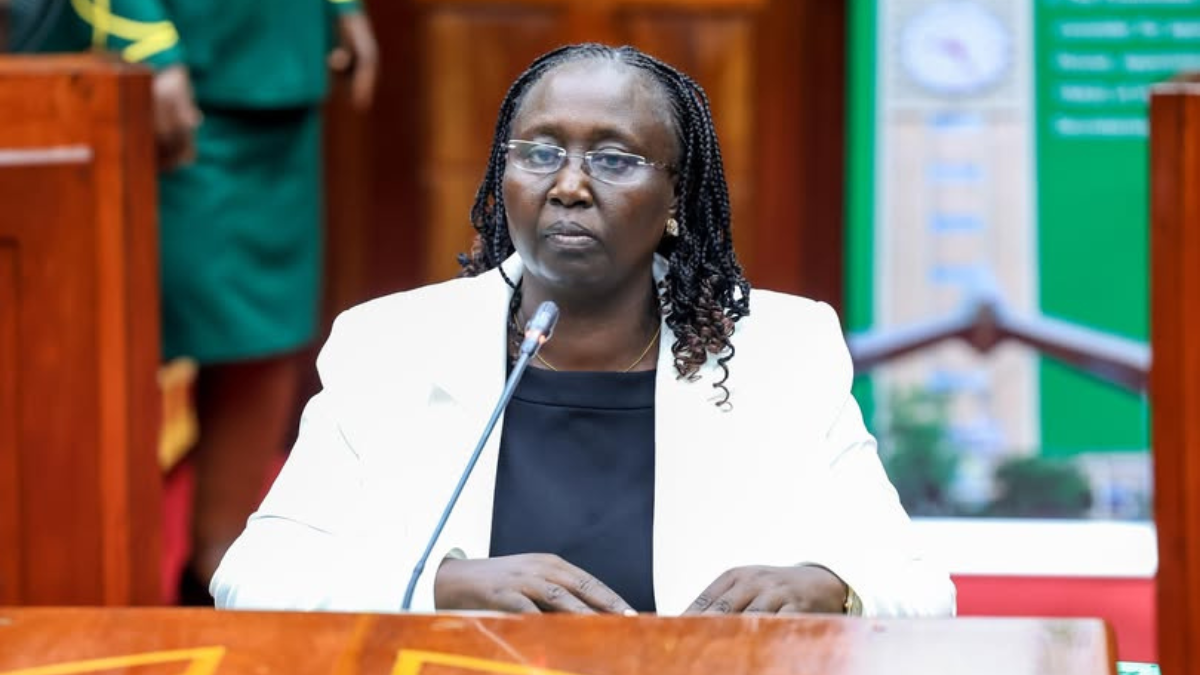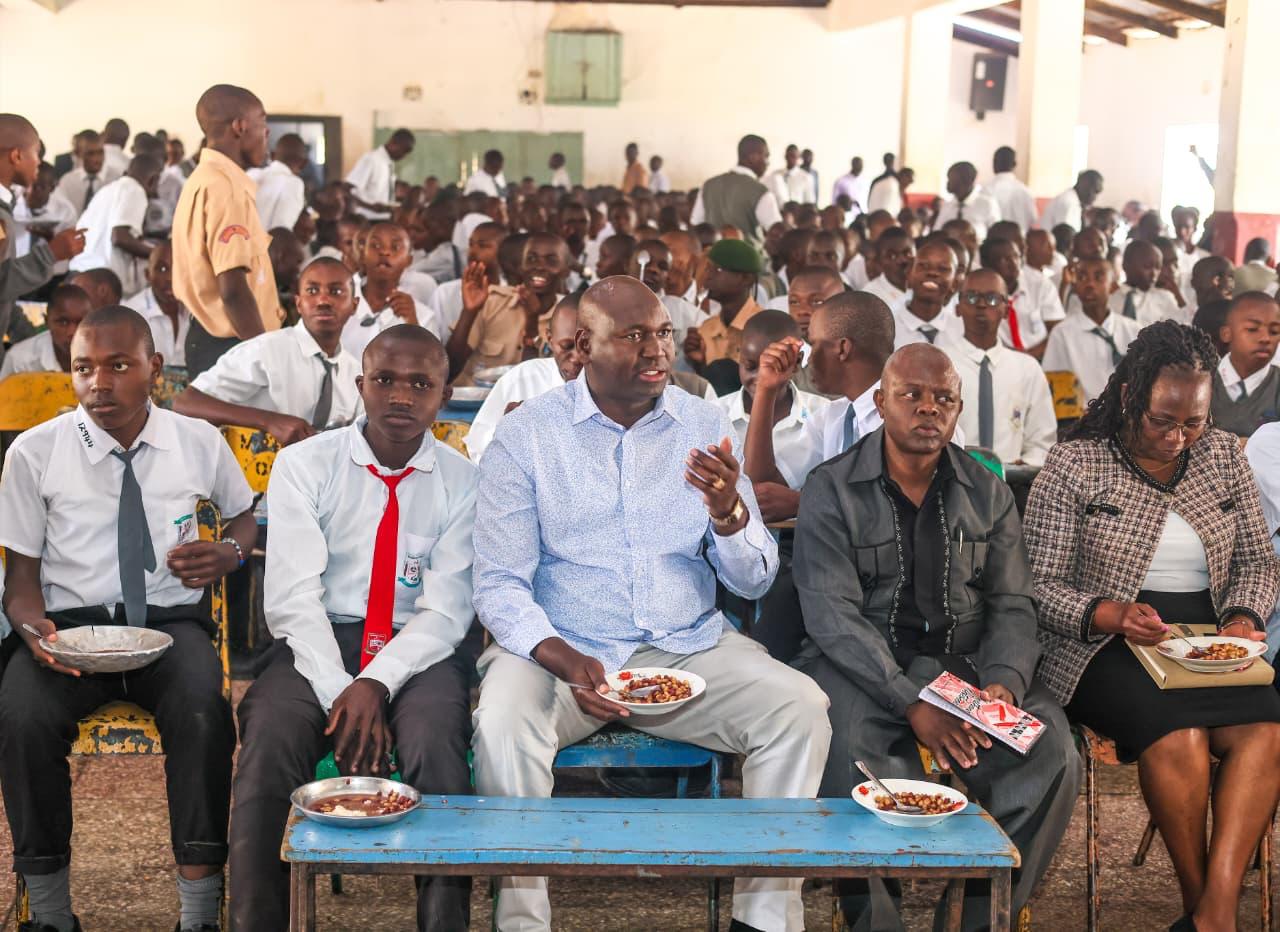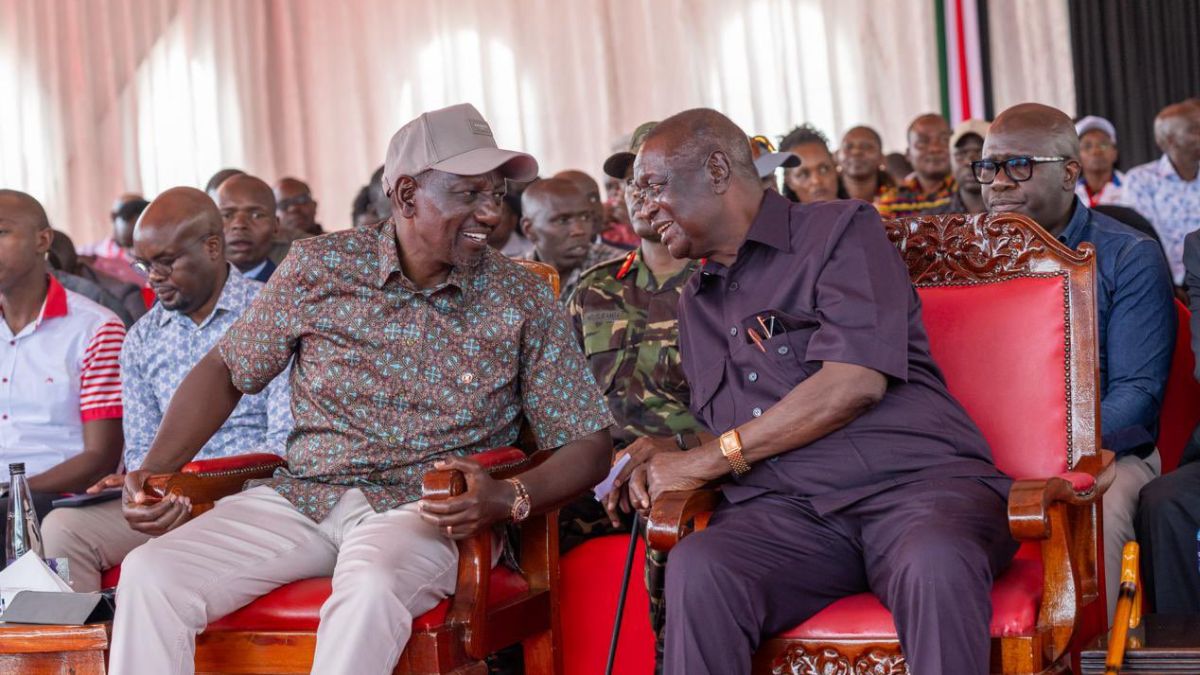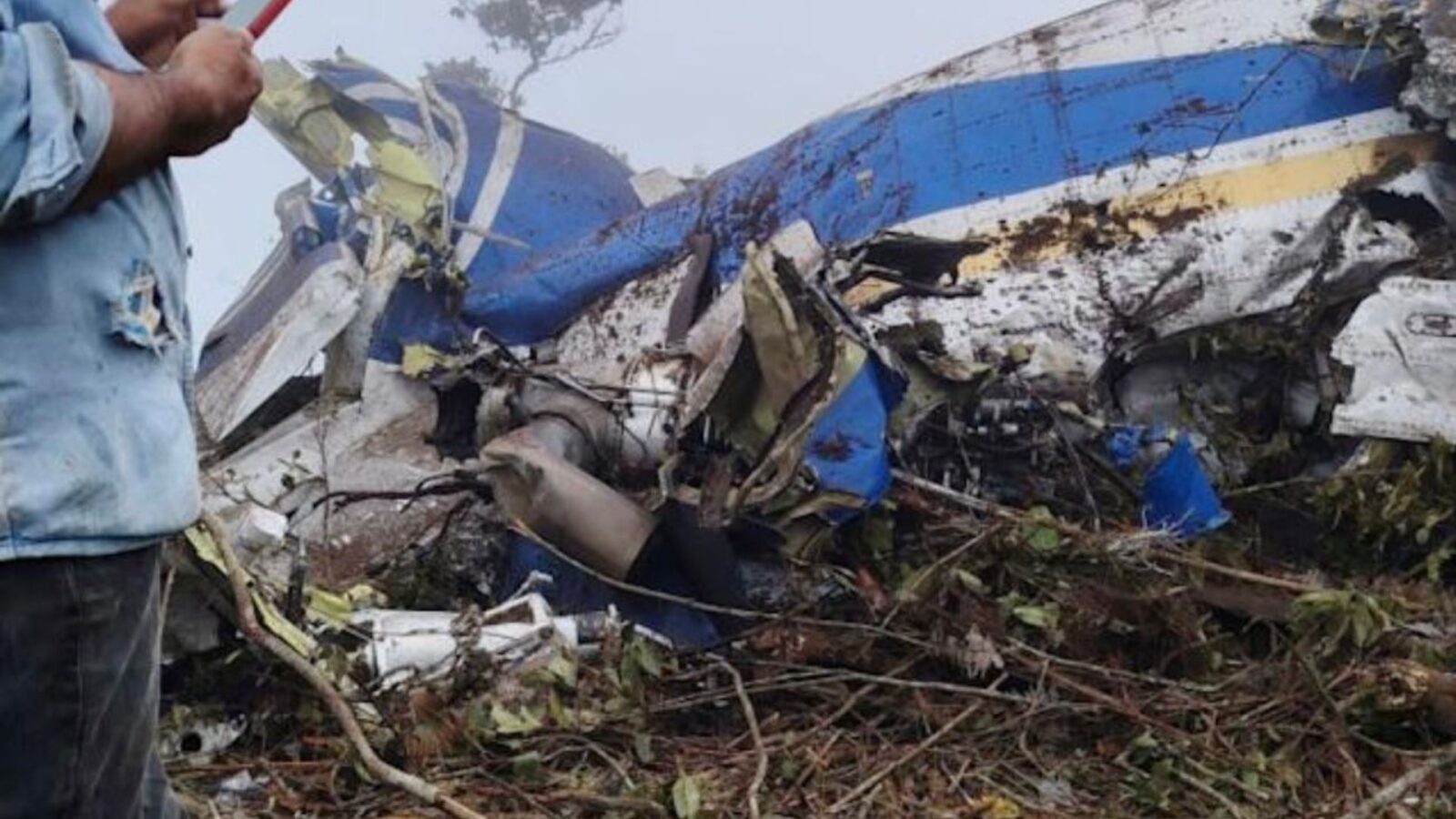Lecturers rejected a proposal by the government to clear their Sh7.9 billion salary arrears in two phases, citing unfulfilled financial promises and a long list of commitments set for next year.
The University Academic Staff Union (UASU) Secretary-General, Constantine Wasonga, told the National Assembly Education Committee on Tuesday November 4, 2025 that the union is waiting for pledges lined up to be fulfilled in 2026.
This includes the inclusion of a budget to factor in car loans, mortgages, and staff promotions.
Wasonga also said the university workers expect Sh2.73 to be paid in the same year which could mean piled financial pressure.
“We agreed with the IPUCCF that mortgages and car loans would be factored into the 2026–2027 sector budget. But we have not agreed on any figure. Those are still just promises,” Wasonga said.
He added that many lecturers covered under the 2017–2021 Collective Bargaining Agreement (CBA) had since retired without benefiting from the negotiated pay rise, complicating their day to day operations.
“We don’t want to clog the 2026–2027 financial year with new promises again. Our position is that the Sh7.9 billion should be paid at once so that we can close this chapter and move forward,” he said.
Wasonga, however, noted that UASU would reconvene its top organs to reconsider the government’s two-phase offer — a sign that the 48-day strike by university staff could soon end.
The National Treasury, however, maintained that a one-off payment was not feasible due to the country’s tight fiscal position.
Treasury Cabinet Secretary John Mbadi told the committee that the Ministry had proposed to settle the arrears in two equal installments: half in the 2025–2026 financial year and the remainder in 2026–2027.
Mbadi said the total cost of the 2017–2021 CBA had been determined at Sh16.57 billion by the Employment and Labour Relations Court, but only Sh8.8 billion had been released earlier.
The balance of Sh7.76 billion remained pending after the government lost its appeal in March 2025.
“Our economy is still fragile. We almost defaulted on our loans last year. If we are not careful, we could slide back into a financial crisis,” Mbadi warned.
He added that the public wage bill had ballooned from 16 percent of ordinary revenue in 2013 to over 40 percent today, with the government now spending nearly Sh80 billion every month on salaries.
“That is not sustainable. We want to honor our commitments to university staff, but we must do it in a way that does not collapse our fiscal framework,” he said.
The pay dispute dates back to October 2019, when the Inter-Public Universities Council Consultative Forum (IPUCCF), UASU, and the Kenya University Staff Union (KUSU) signed a CBA pegging its cost at Sh13.8 billion.
However, the Salaries and Remuneration Commission (SRC) later revised the amount to Sh8.8 billion, prompting the unions to move to court. The court ruled in favor of the unions, setting the cost at Sh16.57 billion, inclusive of pension liabilities.
Wasonga insisted that lecturers were not opposed to dialogue but demanded a binding commitment and a clear timeline for full payment.
“We have been patient for too long. Many of our members have left service or passed on waiting for what is rightfully theirs,” he said.


